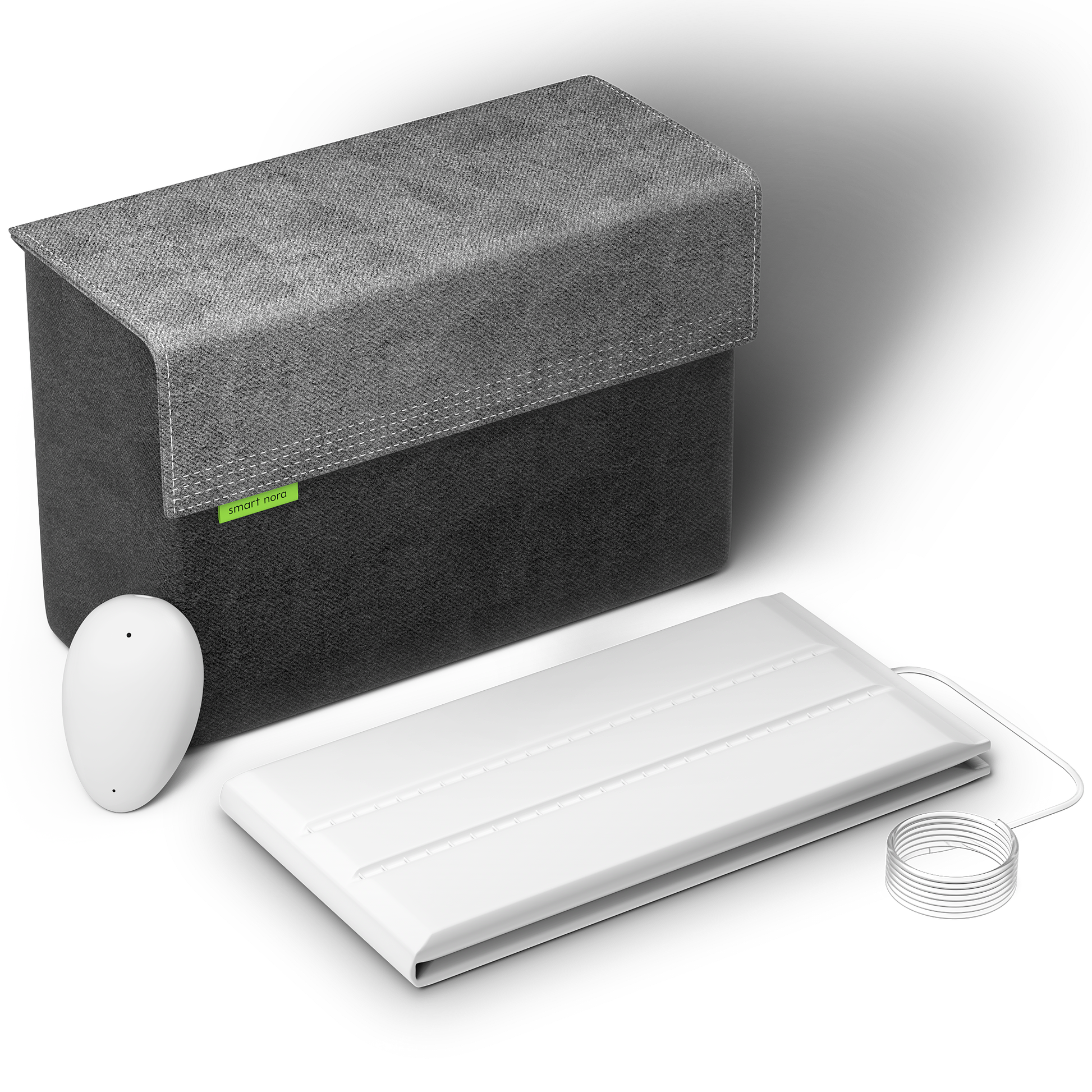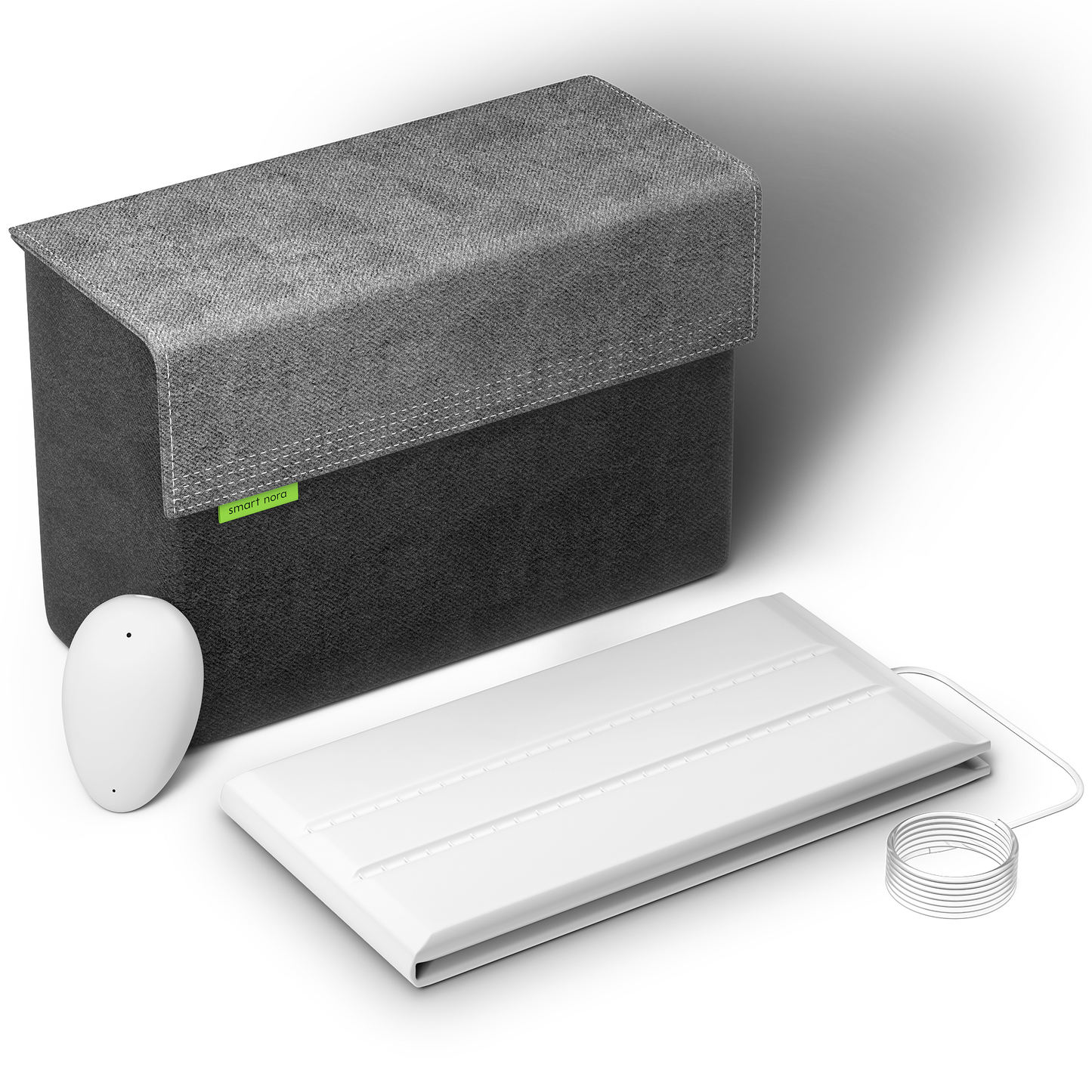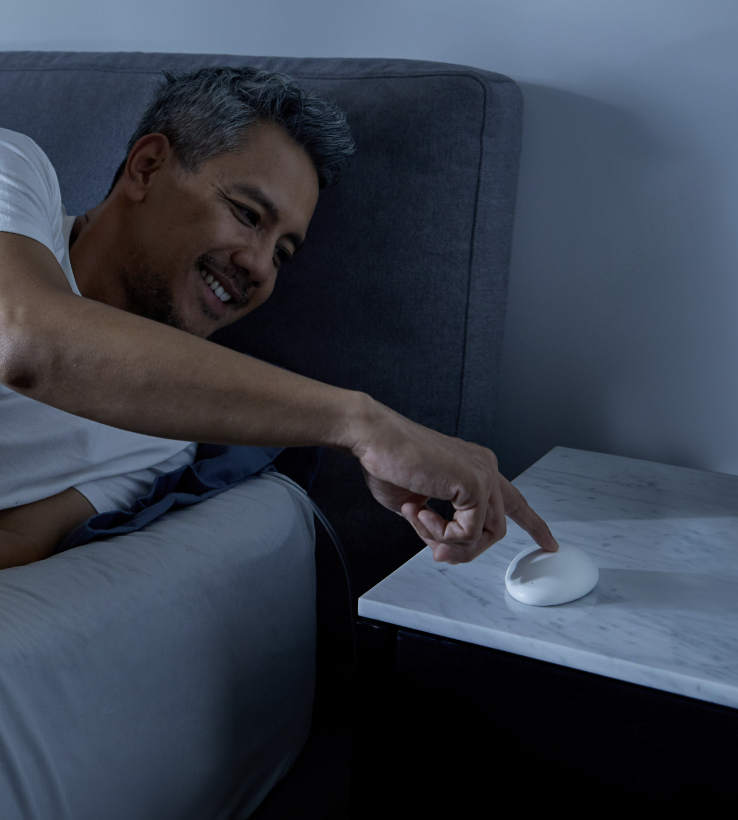Pregnancy can stir a lot of emotions in women, including feeling stressed and anxious. You may switch from excited to worried or happy to sad in seconds. Don’t worry; you’re not alone. Going through a wide range of emotions during pregnancy is perfectly normal, and you may also experience new changes in your body.
Well, many people consider new changes to be just an expanded waistline, but it goes beyond this, including loss of sleep. In fact, most women go through sleep problems during their pregnancy, and changes happen when they proceed along each trimester of the pregnancy. For instance, they get a lot of sleep in their first trimester, but the sleep quality is poor. Then as they move to the second trimester, sleep quality slowly improves.
Further, nighttime awakenings are also very common in pregnant women, along with excessive daytime fatigue during all three trimesters. However, the amount of sleep you get affects your body as well as your baby, causing insomnia and issues in labor and delivery. Not to forget that a growing belly can also make it difficult for you to sleep. In this article, learn how pregnancy affects sleep and the best positions to get a sound slumber.
How Does Pregnancy Affect Sleep?
Firstly, women go through dramatic hormonal changes in their bodies during pregnancy. So these changes influence your mood, physical appearance, and sleep patterns. Progesterone hormone that typically relaxes smooth muscle increases during the first trimester, causing heartburn, frequent urination, and nasal congestion.
All or any of these can make it difficult for you to have a peaceful sleep. Besides feeling tired and exhausted, your rapid eye movement (REM) sleep also reduces. Around 37.5% of pregnant women complain of sleepiness during their first trimester.
Then, an increase in estrogen hormones makes your blood vessels larger, also known as vasodilation. This causes your legs to swell, nasal congestion, and decreased REM sleep. Other hormones, such as prolactin, directly impact sleep, resulting in more slow-wave sleep. Furthermore, if you experience contractions at night, that’s because of higher levels of oxytocin that disturbs your sleep, and chances are high that you will deliver during the night.
Women also suffer from morning sickness, back pain, anxiety, and increased appetite due to higher metabolism. Stomach pain, movements of the fetus and heartburn can keep you awake and contribute to restless sleep.
Nevertheless, disturbed and restless sleep are the highest during the third trimester. In fact, 31% of women will develop restless leg syndrome during this trimester, and midnight awakenings will affect almost every pregnant woman. Besides this, breast tenderness, joint and back pain, leg cramps, nightmares, fixed sleep position, hands getting numb, shortness of breath, etc., also affects sleep.
Indeed, all this seems like a lot to go through, but it doesn’t end here, as it leads to a lack of sleep and more daytime sleepiness. Plus, you feel anxious the entire pregnancy thinking about labor and delivery or any health issues you may encounter.
Unfortunately, pregnancy can take a toll on your body, and lack of sleep can cause increased body mass index and high chances of your baby getting high blood pressure. Hence, always make sure to regularly visit your doctor and clearly share your problems to ensure a healthy pregnancy.
Best Sleep Positions During Pregnancy
Along with other inconveniences, one of the biggest challenges for to-be-moms is deciding how to sleep with a growing bump. For obvious reasons, you cannot lie on your stomach and sleep post-first trimester, and it can be difficult to move around in bed. Likewise, there are certain do’s and don’ts about sleeping positions that you need to consider to avoid any complications.
Sleep on Side (SOS)
The best sleeping position during pregnancy is SOS–sleeping on the side and sleeping on the left is regarded as the ideal position. This is because this dozing position provides the best blood flow to you and your baby. Further, it also releases pressure from your kidneys and liver, reducing swelling in your legs and hands.
But that doesn’t mean you cannot sleep on the right side, as sleeping on both sides is safe. You might encounter compression issues with the IVC (inferior vena cava) sleeping on the right side. Hence, many doctors recommend sleeping on the left side.
Pillows Between Knees
Another way to sleep better during pregnancy is propping a pillow between your knees or under your tummy. This helps you to avoid rolling to your back or stomach and makes you stick on your side. Use this technique if you’re experiencing heartburn or shortness of breath.
Positions to Avoid During Pregnancy
There are certain positions that you definitely need to avoid during pregnancy, and it may include giving up on your favorite sleeping position.
Sleeping on Back
This is a must-avoid sleeping position as it can lead to breathing problems, backaches, low blood pressure, and less blood circulation to your heart and baby. Sleeping on the back with a growing belly puts pressure on the intestines and essential blood vessels–the vena cava and aorta.
Sleeping on Stomach
Likewise, sleeping on your stomach is not a good option, either. During the later phases of pregnancy, women’s breasts become tender, and the abdomen grows, so sleeping on the stomach can be painful and very uncomfortable. But you can use a pillow with a hole in the middle (a donut-shaped pillow) if you prefer sleeping on your stomach.
Sleep as Much as You Can When You’re Pregnant
Amidst all these challenges, it can be difficult for you to catch a good zzz. But, talk to your doctor and try getting as much sleep as possible for a complication-free delivery. This is because women who slept for less than six hours experienced longer labor hours. Also, inculcate a healthy lifestyle like reducing caffeine, drinking lots of water, moderate exercise, eating a healthy diet, and sleeping better.
However, due to nasal congestion during pregnancy, women experience restless sleep and even snore at night, disrupting their partner’s sleep. Partners can use smart anti-snoring solutions like Smart Nora, which detects early sounds of snoring and gently moves your pillow to stop the snoring. It is contact-free and works in silence, helping couples have peaceful nights and relaxed mornings.




























































